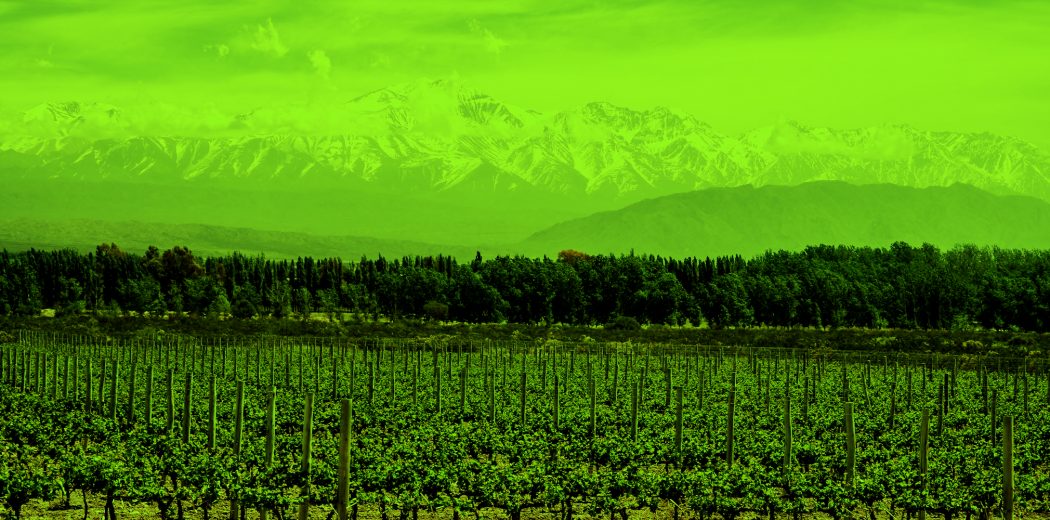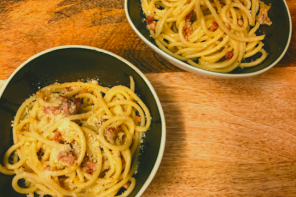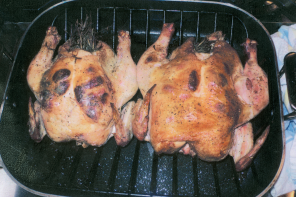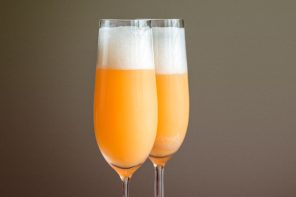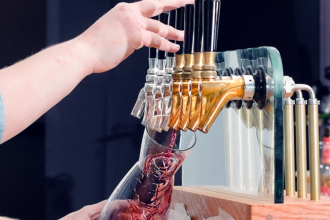These days, wine producers have seemed to heed that infamous call to “taste the rainbow” – no longer are you limited to just red or white, there’s blue wine. There’s orange wine. There’s ice wine. Now, the industry’s gone green with an increased movement toward biodynamic, organic and environmentally sustainable wine.
If you’ve browsed The New Yorker in the past few months, you’ll most likely have flipped by Louis Roederer (of Cristal Champagne fame ads) talking about biodiversity, or showing cow horns teeming with manure – a process of making fertilizer used in growing biodynamic wine). “Biodynamic” isn’t a new concept, nor is it a traditional one. Stemming from the idea that everything in the universe is interconnected, it started with Austrian philosopher Rudolph Steiner in the 1920s and is all about keeping it natural. No chemicals, pesticides or manufactured additives allowed. However, some argue that this verges on “pseudoscience” and are skeptical of how this interconnectivity is expanded to include the moons and planets, and their influence on wine.
Louise Roederer is one of several major players that are publicly advocating for a greener world. France’s St-Émilion region recently announced that any producers in the St-Émilion, St-Émilion Grand Cru, Lussac St-Émilion and Puisseguin St-Émilion appellations must be organic, biodynamic or environmentally-sustainable by 2019. This means no herbicides. Winemakers must have an environmental or organic certification, and the water and waste from production must be recycled. Producers have been doing this for a while, but it comes as no surprise with the rise of green initiatives and the health food movements in other industries. The same movements are becoming louder in wine.
Obviously, this is a good thing. You should be able to drink your vino without talking about notes of dark fruits, oak and chemicals. As with everything, knowledge is necessary to sift through what’s legitimate and what’s good marketing. For one, organic wine doesn’t mean it hasn’t been sprayed by pesticides, herbicides or insecticides. It means that the vines are sprayed by natural pesticides, which might not have been studied as extensively as synthetic ones. Though debate continues around the two, “natural” chemicals have been found to be toxic to humans, whereas synthetic ones are designed to specifically target certain pests. That’s not to say one is necessarily better than the other, but it’s a call to stay informed if you’re looking to make your wine game more sustainable.
Being swayed by the label can also mean you’re buying from large producers who have the marketing budgets to hark organic wine. Smaller, local producers might not have the funding to do it, but might also practice more sustainable methods in general — and have more interesting wines. So keep an eye out for the little guys, too.
The conversation will most likely only continue, and if you’re concerned about the use of pesticides, the best way to avoid them is to get to know your favorite producers and their particular growing processes. You can also be on the lookout for new varietals. Producers are working on breeding vines that are naturally resistant to certain diseases and pests, meaning they can be grown organically without relying on pesticides, natural or otherwise.

